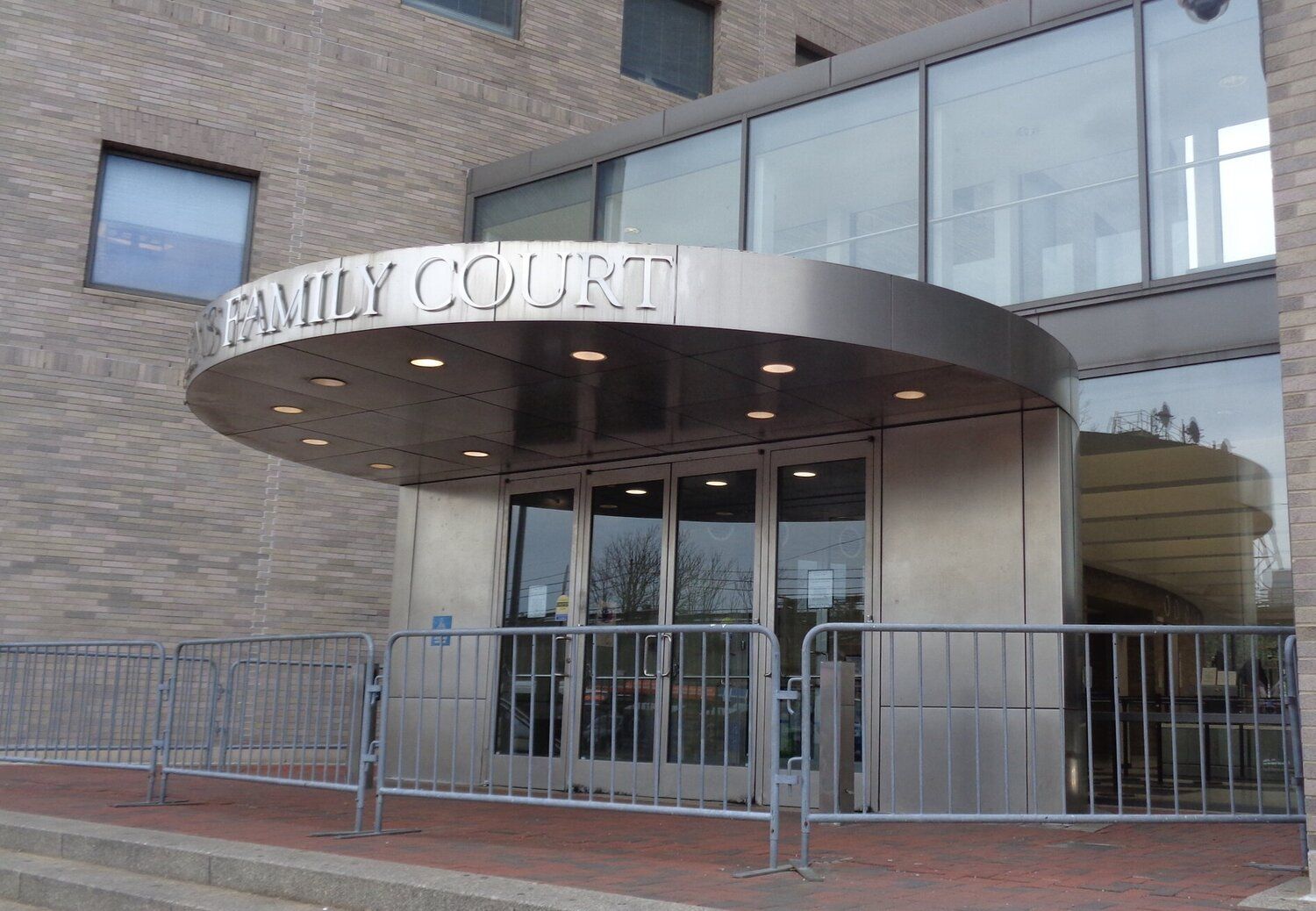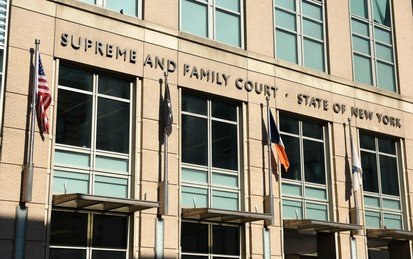March 12, 2019
Many people have heard that using a mediator to help in a divorce is a less expensive alternative to litigation, but they are not sure what mediation is or how it works. While mediation may not be right for every divorce, when it does work, the parties will likely feel more empowered, more satisfied with the outcome, and more committed to following through with the settlement in the future. The job of a mediator in a divorce is to help the parties identify what is most important so that they can find solutions that work for both of them—a win-win scenario. In a divorce, emotions run high. People feel anger, recrimination, and fear. These emotions are real, and they are important, but they don’t help lead to a solution. Only by identifying the source of the emotions can solutions be reached. In a mediation, one parent may threaten to take the children away, never to let the other see them again. If a threat like this were aired in court, it could lead to months of litigation and cost tens of thousands of dollars. In mediation, we seek the source of that anger. Is the mother making the threat because she is afraid that she won’t have enough money to support herself? Good. How do we divide the available funds so that she is able to support herself? Is the father making the threat because he is afraid that he won’t have enough time with the children to maintain a meaningful relationship? Good. How do we structure the time so that both parents have meaningful time with the children? During the mediation process, the mediator rarely if ever suggests a solution. Instead, the mediator draws the parties out, asking them to identify their underlying needs. In a successful mediation, the parties will suggest solutions that work best for them. They will collaborate to reach a resolution that is finely tailored to their needs. This can be especially important for observant families. Most often, a judge who has been randomly assigned to handle a divorce will not fully appreciate the needs of observant litigants. By mediating the issues, the parties themselves can fashion an agreement that is sensitive to such matters as apportioning time on the chagim, paying for yeshiva tuition, deciding on an appropriate yeshiva in Israel following high school, when the get will be given, which beit midrash will be used, and many more. Once the mediation reaches a successful conclusion, the parties will need to have an agreement written for them. For this reason, it pays to use an attorney well versed in divorce law as a mediator. The agreement, usually called a stipulation of settlement, must meet stringent requirements in order to pass muster with the court. If it does not, the court will not issue a judgment of divorce. Mediation is not right for every case. If there is domestic violence in the marriage, mediation will not succeed, because of the obvious power imbalance between the parties. Also, where one party has an addiction or substance-abuse problem, mediation is not appropriate unless the person with the problem has admitted it and is fully committed to treatment. If there are hidden assets or income, mediation is unlikely to help, since there is no mechanism to compel a party to disclose such information. Divorce is a difficult, anxiety-filled time. The sooner the issues in the divorce (custody of the children, parenting time, child support, etc.) can be resolved, the better. Mediation, when done correctly, can be a powerful tool to help parties resolve these issues in a timely and cost-effective manner. David Teeter has practiced law for over 20 years and has children at Rambam Mesivta and Yeshiva Har Torah.







